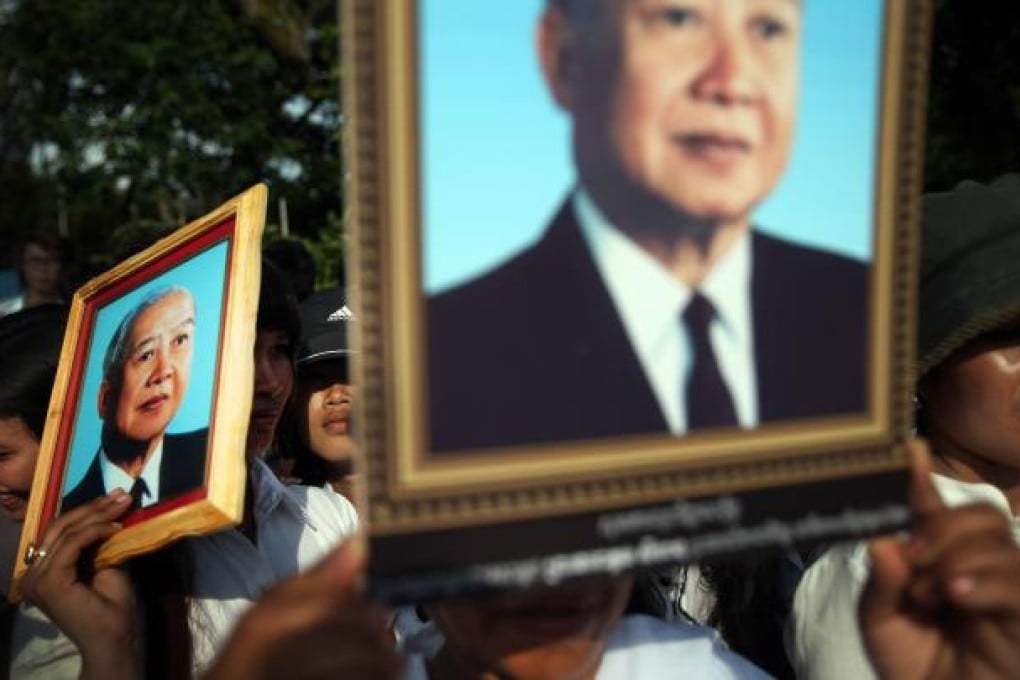
A wise ruler, the ancient Chinese philosopher Lao Tzu wrote, is selfless, hard working, honest, able to time when to act, fair in handling conflict and willing to empower others. Even if Norodom Sihanouk, Cambodia's former king who died in Beijing on Monday aged 89, had been hugely blessed with these traits, greatness would have eluded him and his people. Persistent foreign interference created circumstances that led to flawed decisions. The country now in mourning has been left poor, divided and corrupt.
Outsiders have many descriptions for Sihanouk, among them mercurial, self-indulgent and unpredictable. That he was at times a master politician, there is no doubt: he deftly steered his country to independence from the French colonial yoke, gave up the monarchy to enter politics and outmanoeuvre rivals to become an autocrat and made a comeback after years in the wilderness to be a peacemaker and again king before abdicating in 2004 in favour of his son. All the while, his underlying objective was unity for Cambodians. But he also made devastating errors of judgment, the gravest being to trust the murderous Khmer Rouge regime.
Cambodia suffered, and so did Sihanouk: five of his 14 children were among the estimated 1.7 million people who perished. It is a poignant example of how his fate and that of his country were entwined. He saw Cambodians as his children, believing he alone had the right to determine their destiny.
But there was little chance of a bright future. The US dragged Cambodia into the Vietnam war, China backed the Khmer Rouge and Vietnam invaded, occupying between 1979 and 1990. Even after his return to usher in a new era of independence under UN oversight, true democracy was stymied by lingering influences. Generations who lived through the golden years of the 1960s think of him as the King Father, but younger Cambodians see him as an eccentric occupied with making films and partying with the rich and famous. He would have left a proud legacy had he been allowed a free hand.
